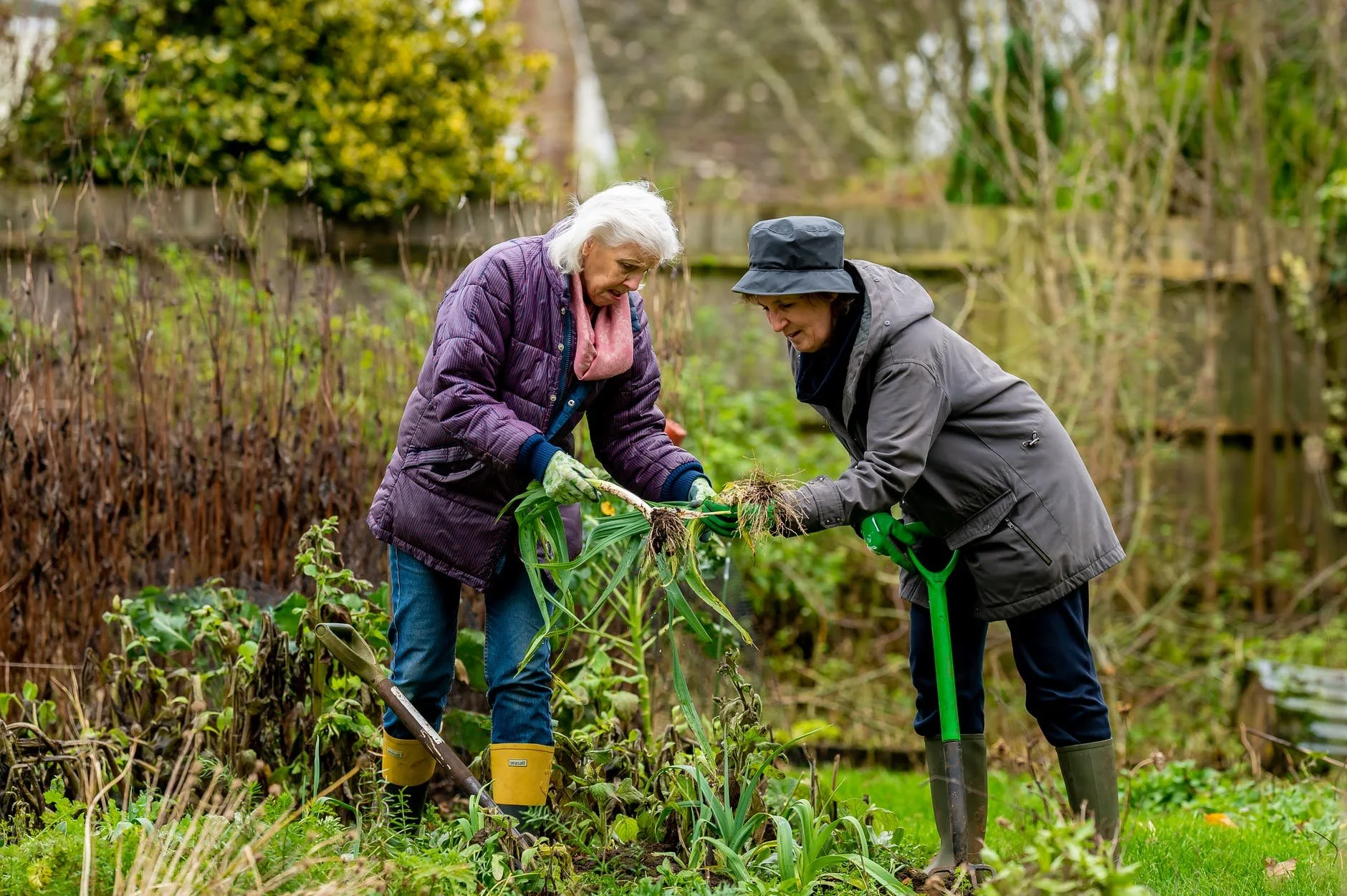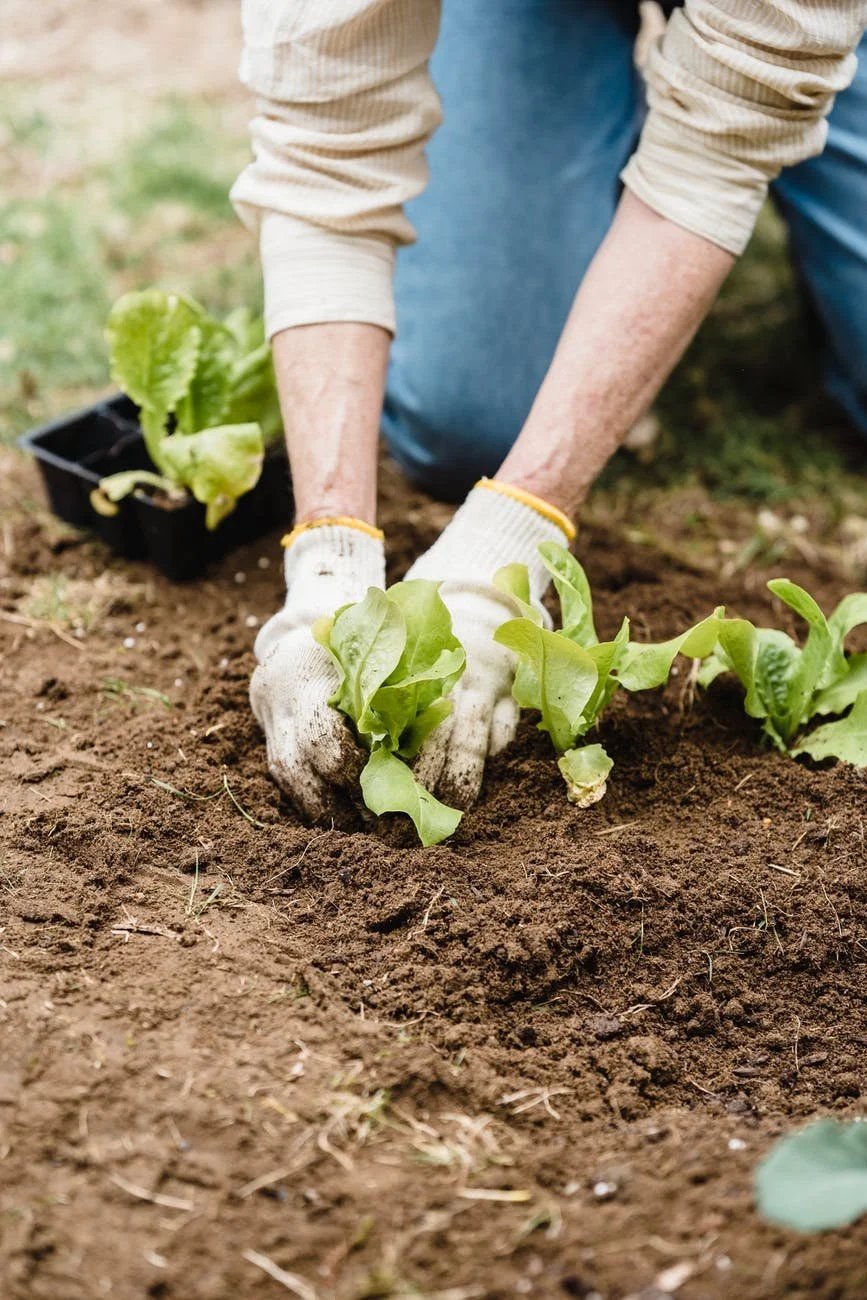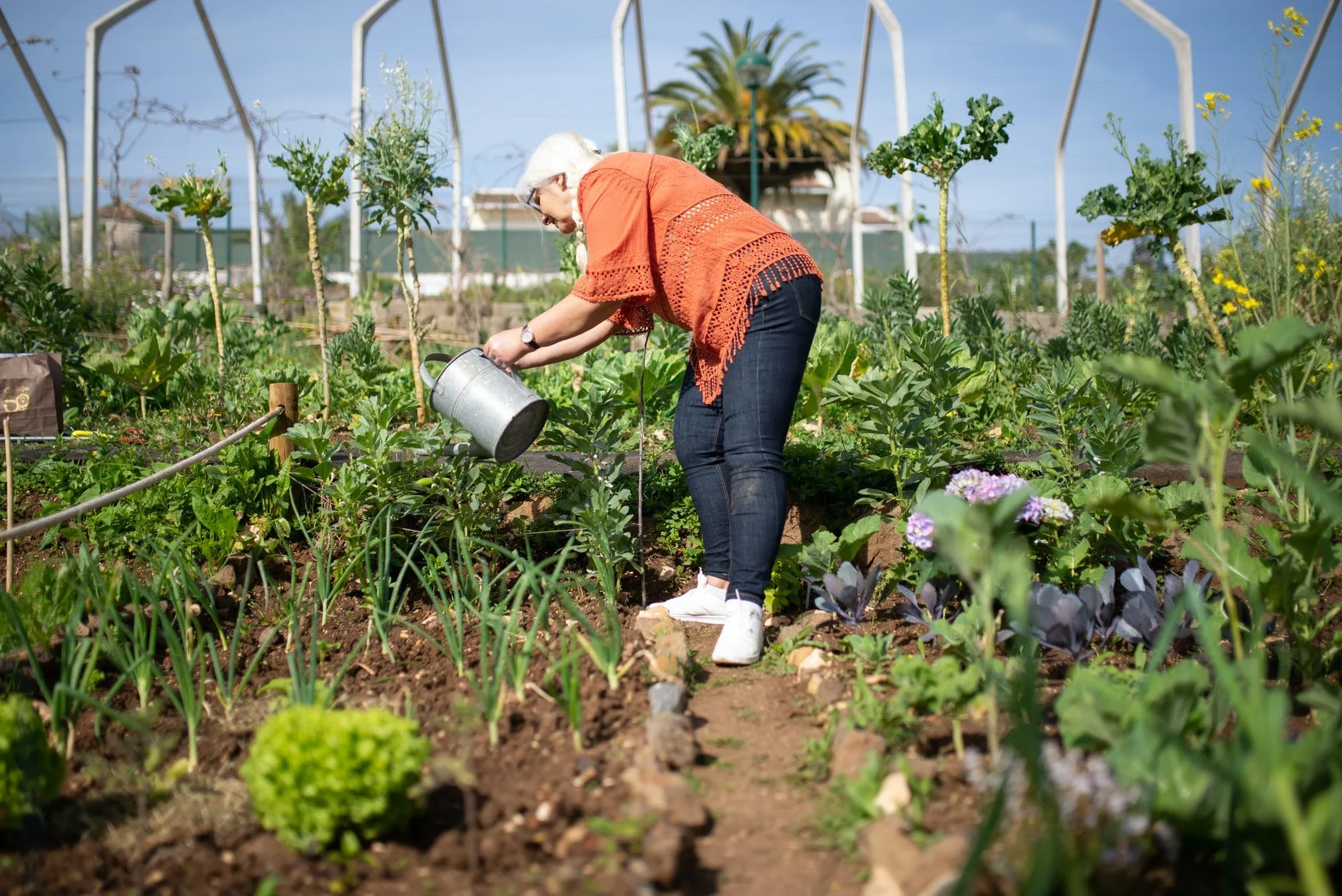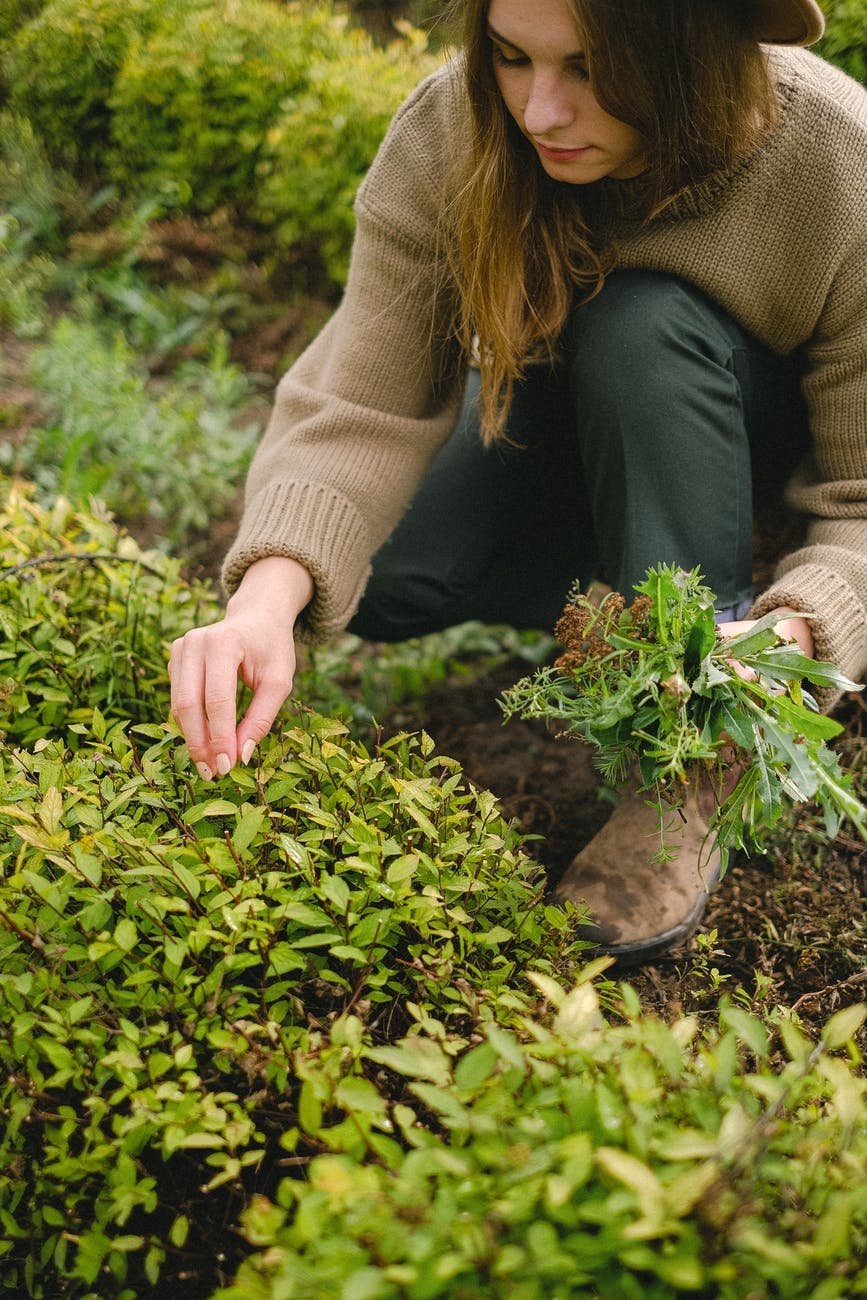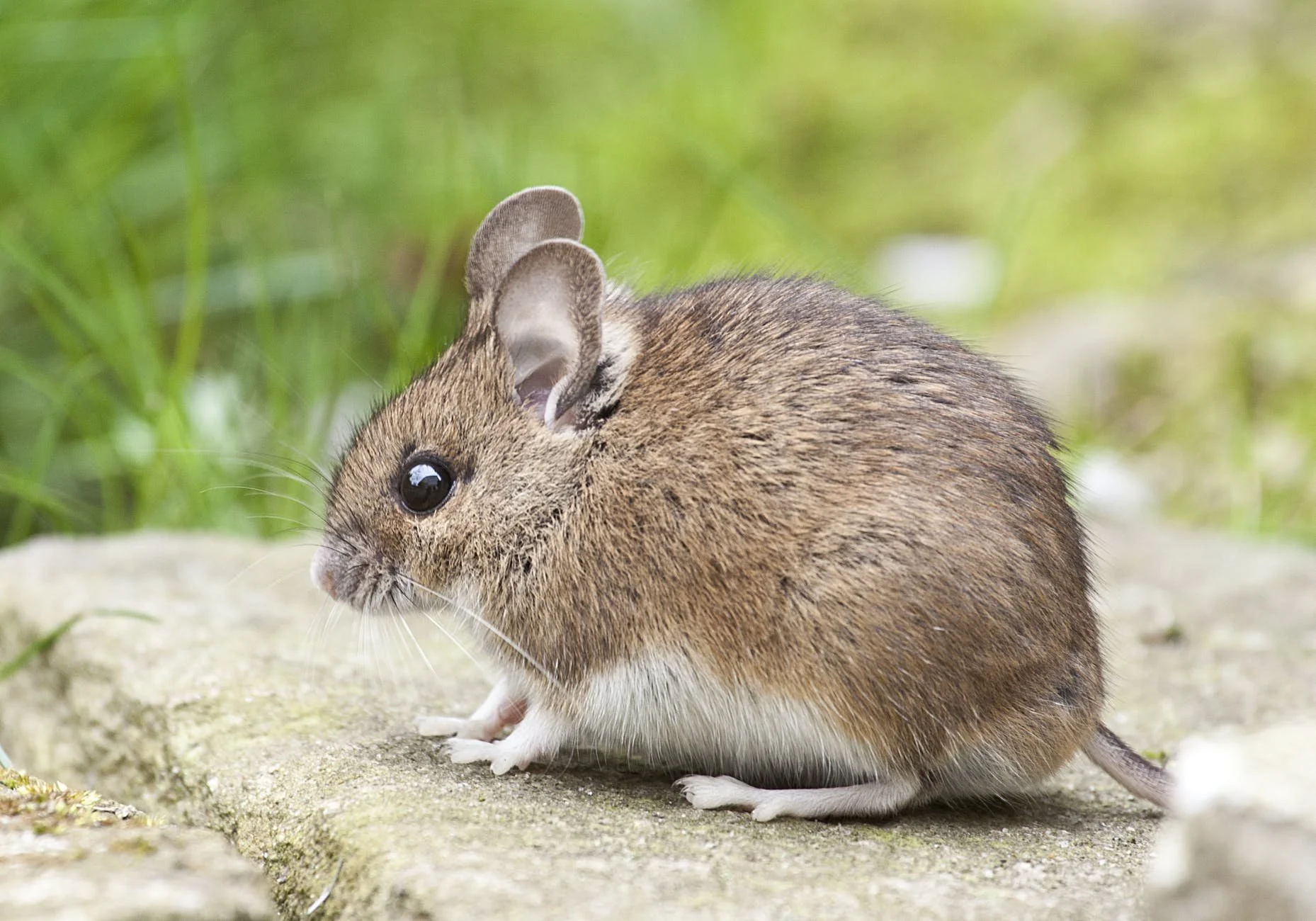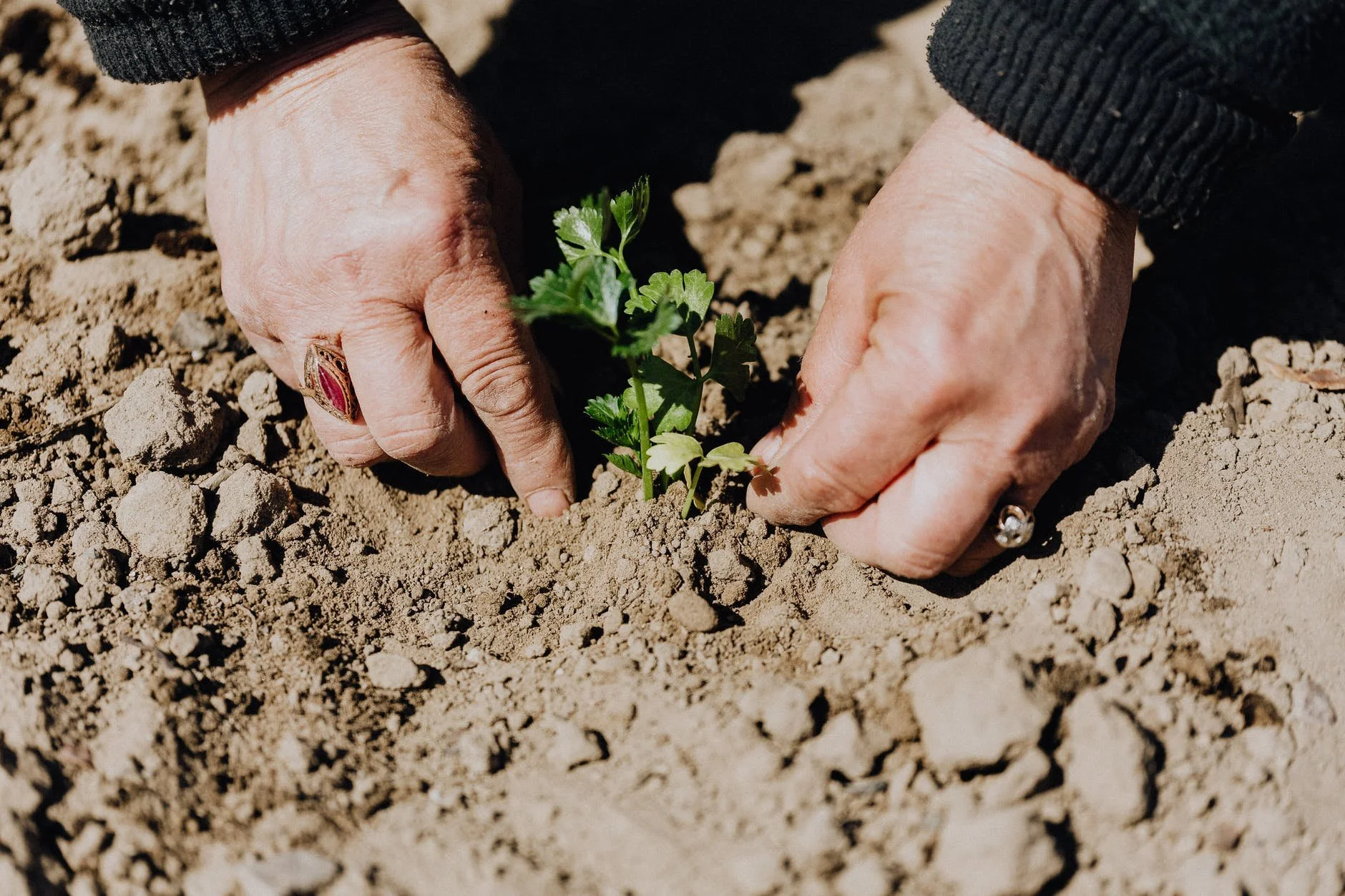Easy Tips on How to Grow an Organic Garden
Are you tired of gross store-bought vegetables and fruit but you also don’t want to spend tons of money on organic produce in your local farmer’s market? The only solution to eat well and protect the environment is to grow your own produce. If you like this idea, here are a few tips on to start your organic garden and enjoy the fruits of your labor by the end of the season.
Start from the right location
All plants need light, so make sure to designate a spot for your organic garden that will get at least 6 hours of sun every day. Most plants that bear fruit (tomatoes, melons, cucumber, etc.) need a lot of direct sun to produce fruit. If your garden is somewhat shady, you can successfully grow leafy greens and many types of herbs that only need partial sun. The best spot for your garden is also located away from large trees that can suck up all the nutrients and water.
Prepare the soil
Healthy soil is the key to a healthy garden. To start preparing your soil, invest in organic matter like manure, peat moss or compost—this type of matter is rich in decayed microorganisms and very beneficial for your plants. For the most organic approach, try to start your own composting pile by dumping organic matter in a bin where it will decompose. If you’re planning to grow a large edible garden, it’s possible to buy compost in bulk.
Protect your garden
Your garden will undoubtedly attract attention from many directions. If you want to keep your veggies and fruit safe and free from harm, it’s important to keep pets and kids outside when the garden is left without supervision. With quality fencing components, you can protect the plants and beds and gain easy access to your garden when you need to tend to it. A sturdy fence is a great investment into your crops and it will guarantee the safety of your curious kids and naughty pets.
Choose the right plants
If you want to grow an organic and eco-friendly garden, it’s crucial to choose plants that are native to your area. These are used to your climate and willgrow healthy without too much watering and treatment. If you don’t know which plants to grab, look into organic varieties in your local garden shop. There you will find everything from short-seasoned tomatoes perfect for northern regions to corn and mustard greens that are resistant to heat and drought. Match your edible plants with flowers and flowering herbs and bushes to attract pollinators and insects that will keep pets away.
Pets and disease control
One of the main questions people have about organic gardening is who does one keep the pests and diseases away. And it’s a fair question. Firstly, it’s important to realize why chemical pest control is bad for the environment. This treatment doesn’t only kill pests, but good insects as well, upsetting the balance in nature. Chemical treatments can also get into the soil and underground water, as well as end up on your plate.
It’s not important to bring out sprays if you notice only a few bugs on your plants since small infestations can easily be handled by handpicking the pests. Secondly, it’s important to realize that insects usually attack unhealthy plants in weak soil so make sure to fertilize the dirt and keep your plants strong and healthy giving them natural immunity from pests.
If your infestation becomes more serious, there are natural sprays and powders that can handle pests. However, if you practice organic principles of gardening, most issues will skip your garden or disappear on their own.
Plan for crop rotation
In nature, plant diseases usually target plants from the same family. This means it’s smart to avoid planting the same plants where they or their “relatives” were a year before. This practice of crop rotation will give the soil time to recover and keep the disease development and spread at a minimum. For instance, the tomato (tomatoes, potatoes, peppers, eggplant, etc.) and the squash family (squash, cucumber, pumpkin, melons, etc.) usually live in many gardens and can be rotated.
As you can see, organic gardening is not much different from regular gardening, but it produces healthier produce you can enjoy without guilt. If you’re planning to start an edible garden, make it eco-friendly and organic for the benefit of us all.

